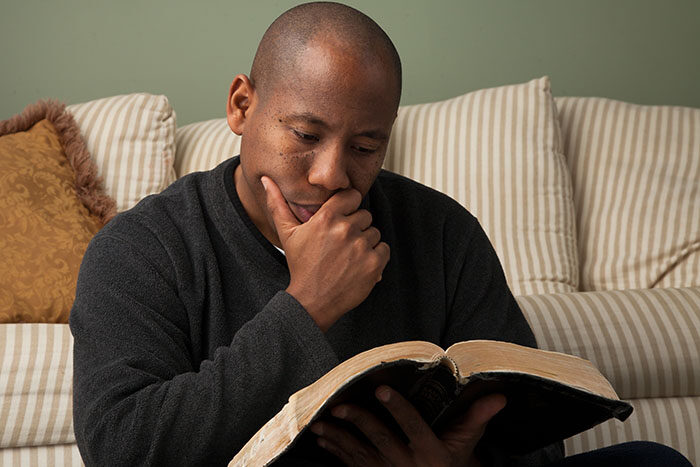
A new poll conducted by LifeWay Research, in partnership with Explore the Bible, reveals that over half (57%) of churchgoers have difficulty understanding Scripture when they read it on their own.
Published 29 July, 2020, the researchers urge that these findings highlight the need for communal Bible study.
“Reading and studying as an individual is important, but we need others to help us think through what we discover,” said Dwayne McCrary of Explore the Bible. “Studying together also allows us to gain insights from others that move us forward in our study as well.”
Nearly all churchgoers said it is important to understand the context in which the Bible was written (96%) and it is important to apply the meaning and principles of Scripture to today’s context (93%).
Moving on, four in five churchgoers expressed confidence in their ability to help others with doubts about the truthfulness of Scripture (81%).
“Churchgoers are ready to defend the Bible as true and as a faithful moral standard,” said Scott McConnell, executive director of LifeWay Research. “But most admit they stumble on understanding the specific meaning as they read.”
“If we only seek to understand a text in its original context, we see the Bible simply as history and remove its active cutting edges,” McCrary said. “If we simply jump to apply the text, we run the risk of missing the principle or truth that should direct our application of a Bible passage.”
Notably, the study also found that about four in five churchgoers say the Bible can have multiple meanings for different readers, and 30% say they accept some truths of the Bible but don’t accept all of them.
For McCrary, this points to a tendency to hurry and short circuit the Bible study process by confusing the meaning of a text with its application. “We tend to jump from what a passage says to what we do in response and forget to consider the principle or truth behind what is said,” he explained.
“Doing Bible study correctly takes time and thought, but it gets us to the meaning—which does not change—so we can then look at how we encounter God today and what our response should be to those encounters.”
Methodology:
The online survey of 1,002 American Protestant churchgoers was conducted September 20-27, 2019 using a national pre-recruited panel. Respondents were screened to include those who identified as Protestant or non-denominational and attend religious services at least once a month. Quotas and slight weights were used to balance gender, age, region, ethnicity, and education to more accurately reflect the population.
The completed sample is 1,002 surveys. The sample provides 95% confidence that the sampling error from the panel does not exceed plus or minus 3.2%. Margins of error are higher in sub-groups.

